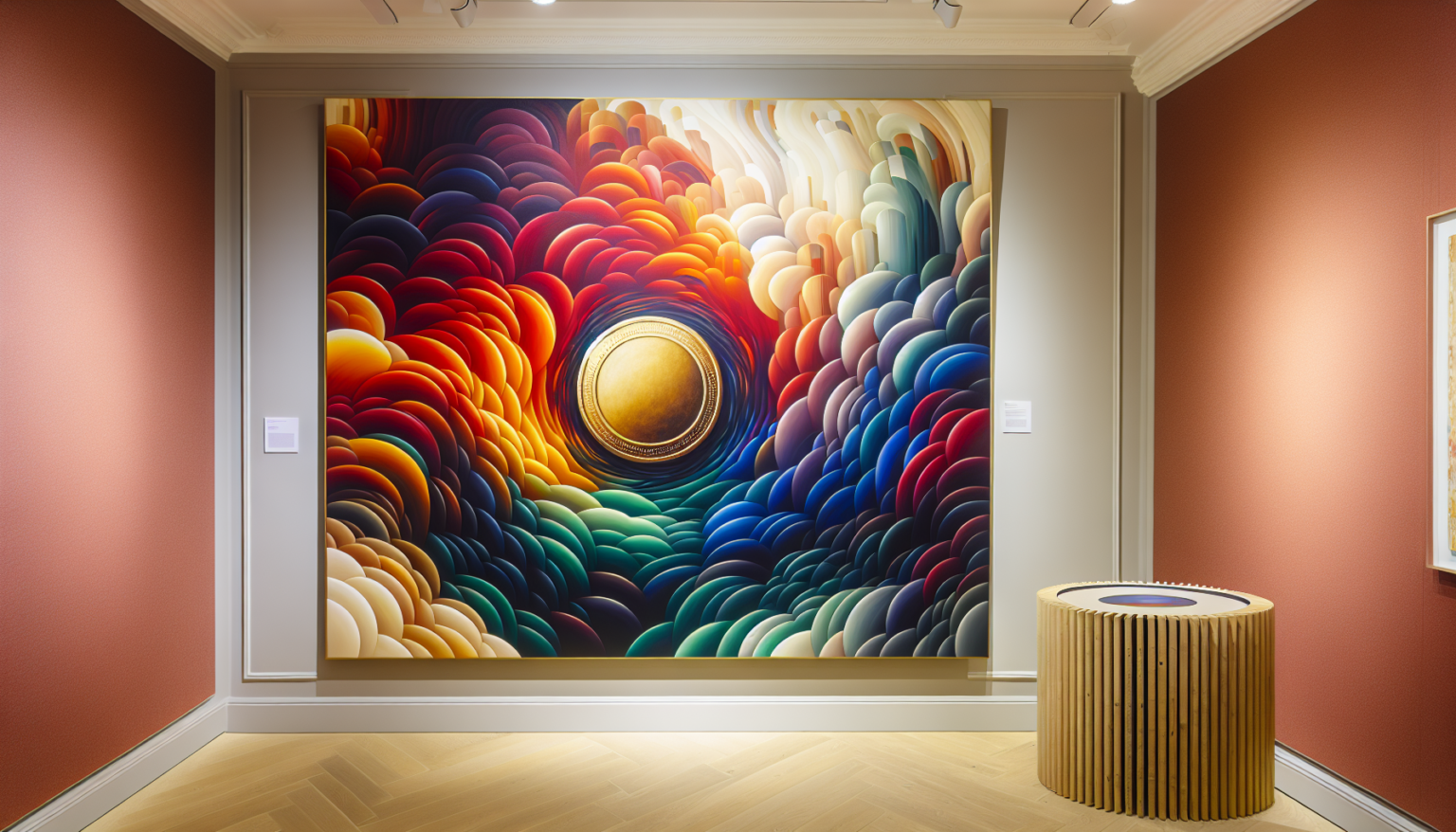The Tate has launched an ambitious endowment fund to secure the long-term future of its galleries. The Tate Future Fund, announced by Tate’s chair Roland Rudd at a fundraising gala, aims to raise £150 million by 2030. This fund will support Tate’s exhibition programs and research.
Rudd spoke candidly about the current state of Tate Britain, describing parts of the gallery as “manky” and “awful.” He unveiled plans to refurbish the gallery, alongside the creation of the endowment fund. Over £40 million has already been contributed to the fund. Maria Balshaw, Director of Tate, emphasized the significance of the endowment fund.
She stated, “An endowment fund is created in perpetuity, so it will help secure the long-term future of Tate across all our sites and across our collection and all our public activities. It will bring a new source of regular income to the organization.”
The fund has already secured £43 million in donations from various sources, including individuals, foundations, and Tate trustees. Notable contributors include James Bartos, Bloomberg Philanthropies, Nick Clarry, Mala Gaonkar, Anthony and Sandra Gutman, Jack Kirkland, Jamie and Michael Lynton, the Manton Foundation, Jorge M.
Tate endowment fund announcement
and Darlene Pérez, Manizeh and Danny Rimer, and Roland and Sophie Rudd. The campaign will now move into active mode, soliciting donors from Tate’s global supporter network.
Balshaw highlighted the importance of endowments for cultural institutions, noting that many North American museums, such as MoMA, the Met, and the Whitney, have significant endowments that protect them from economic changes and allow for long-term planning. The fundraising gala, attended by over 600 artists and philanthropists, raised more than £1 million. These funds will directly support Tate’s artistic program, collection, and educational activities.
The event followed Tate Modern’s 25th anniversary celebrations in May, which saw over 76,000 visitors in one weekend, with more than 70% of visitors under 35 years old. Tate’s ethics committee plays a crucial role in guiding the organization on donation acceptance. Balshaw mentioned that the committee follows the principles laid out by the Charity Commission, considering all donations with a presumption of acceptance if they are for public benefit.
The successful launch of the Tate Future Fund sets a precedent for cultural institutions in the UK, aiming to bolster their financial resilience and long-term planning capabilities. Balshaw expressed hope that free entry to the collection displays at Tate Britain, Tate Modern, and Tate Liverpool will remain, as it is an important aspect of making the publicly-owned collection accessible to all.













